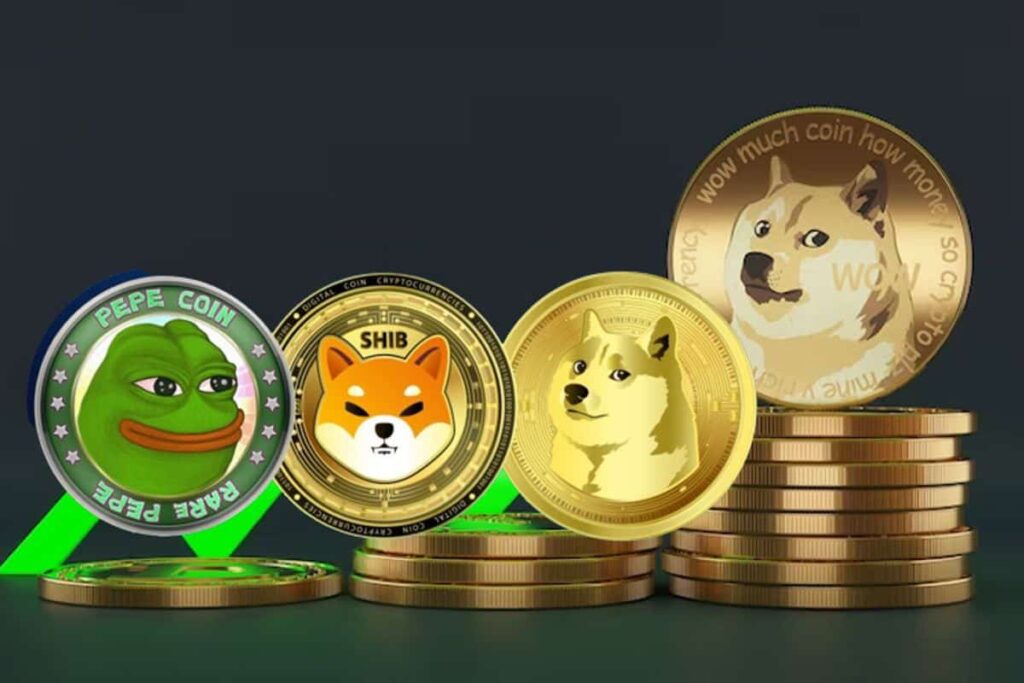
When I first began learning about blockchain and cryptocurrencies, I was aware of one area I wanted to stay away from: meme coins. Memes are the cryptocurrency equivalent of slot machines. They are inexpensive thrills that are occasionally irreverent, humorous, and profitable. Is there a single characteristic that unites them?
For those who are unaware, meme coins are tokens that are based on Internet humor, pop culture, current affairs, or pure chance. They lack intrinsic use cases, aren’t supported by assets, and are essentially nothing more than hype in an industry that lives on it.
There’s a reason why those that chase meme currencies are referred to as degens, short for degenerates. They pursue these things day and night, sometimes losing everything they own and other times making money that can change their lives. A reality show about this issue would be fantastic.
Some of the most well-known meme coins may be familiar to you. The most popular is Dogecoin (DOGE), a Bitcoin spoof that was created in 2013. Based on a Shiba Inu dog meme, it was developed by two engineers. On Saturday Night Live, Elon Musk became engaged, tweeting nonstop and subsequently referring to himself as the “Dogefather.” After 12 years, Doge has grown to be a multibillion dollar project, with prices skyrocketing and millionaires being created.
Also Read:
Curating Timeless and Sustainable Ambience with Design@Studio17: Sorcha Drakeford
Redefining Finance amidst the Digital Revolution: Markus Pinter






